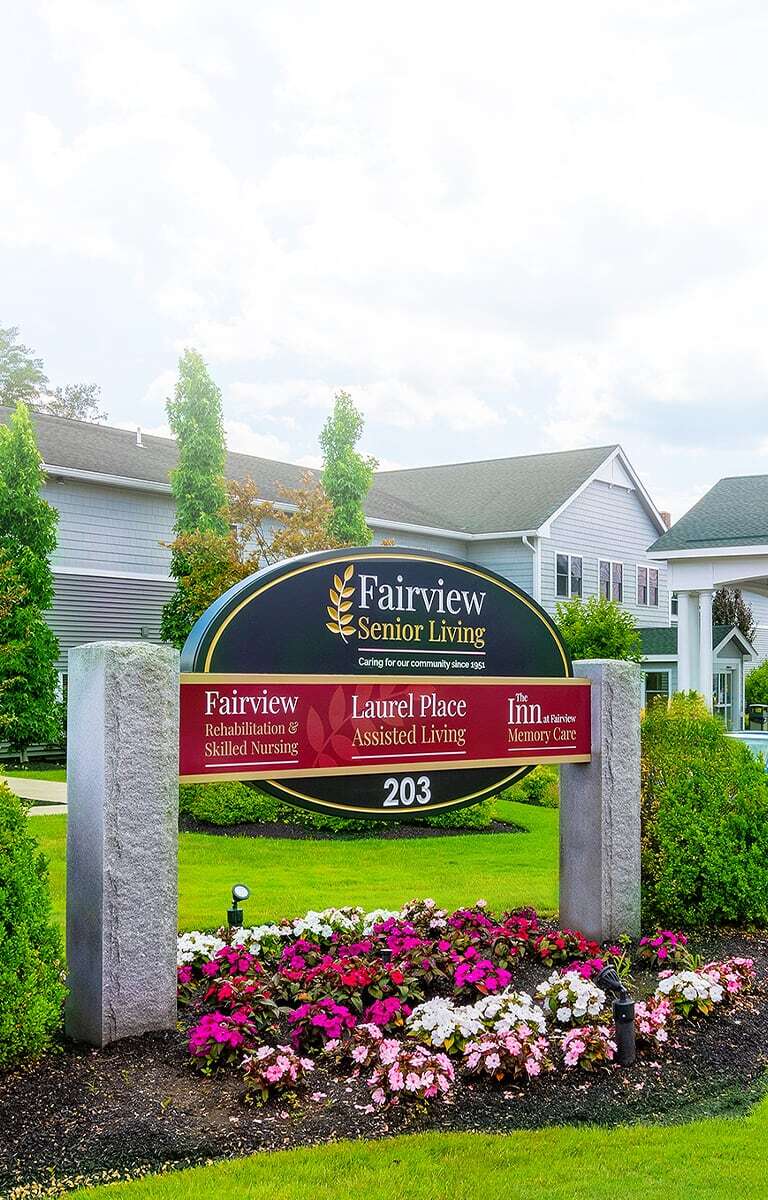When a loved one starts facing challenges with memory, whether due to Alzheimer’s or dementia, families are often left grappling with difficult decisions. A care option for loved ones with cognitive impairment includes a specialized program called memory care.
Memory care isn’t considered skilled nursing, since skilled nursing care provides more advanced medical care and support for daily activities. Below, we’ll explore what each care option entails, the services provided, and the criteria for admission.
What Is Memory Care & Who Is It For?
Memory care is a specialized form of long-term care tailored to meet the unique needs of individuals with memory-related issues. Unlike traditional nursing homes, memory care communities employ specially trained staff and provide environments designed to minimize the stress and confusion often experienced by those with cognitive impairments.
Memory Care Services
Memory care programs offer a range of services aimed at improving the quality of life for residents. These services can include:
- Personalized care plans
- Medication management
- Assistance with daily activities like bathing, dressing, and eating
- Secure environments to prevent wandering
- 24-hour care and supervision
- Physical, speech, psychiatric, and occupational therapies
- Music therapy
One of the most crucial aspects of memory care is the staff-to-resident ratio. Higher staffing levels make sure that each resident receives the attention they need, which is particularly important for those prone to agitation or confusion.

What Is Skilled Nursing & Who Is It For?
Skilled nursing, on the other hand, is a more medically intensive form of care. This type of care is typically for individuals who require ongoing medical attention and monitoring.
Medical needs that usually qualify an individual for skilled nursing include:
- Having been recently hospitalized
- Recovering from surgery or illness
- Requiring long-term medical supervision
- Requiring assistance with day-to-day living activities
Skilled Nursing Care Services
Skilled nursing communities have registered nurses and licensed practical nurses, all trained to provide complex medical care. Medical services offered include:
- 24/7 skilled nursing care and supervision
- Medication administration and management
- Incontinence care
- Pain and wound management
- All meals and snacks
- Social services, case management, discharge planning
Skilled nursing care also provides basic daily living assistance, similar to memory care. However, the focus here is more on medical needs than cognitive stimulation.
The criteria for admission into a skilled nursing community are usually more stringent than for memory care. Medical professionals conduct an initial health assessment to determine the necessity of this level of care, often following a hospital stay or significant health decline.
Exploring the Overlap: Memory Care & Skilled Nursing
While memory care and skilled nursing serve different primary purposes, there’s a notable overlap, especially when it comes to older adults with both cognitive and medical needs. Some communities offer a combination of services, providing memory care and skilled nursing under one roof.
The advantage of such communities is the continuity of care. Residents don’t have to move between different communities as their needs change, reducing the stress associated with relocation. This seamless integration can improve overall well-being and provide peace of mind for family members.
Key Differences: Staffing & Services
Understanding the distinctions between memory care and skilled nursing care is crucial for making an informed decision. While there are overlaps, the differences in staffing, services, and regulations can significantly impact the quality of care your loved one receives.
Staffing Levels & Training
One of the most noticeable differences is staffing. Memory care communities require staff trained specifically in dementia care. This training includes techniques for managing difficult behaviors, communication strategies, and understanding the progression of cognitive diseases.
Skilled nursing care also employs trained staff, but focuses more on medical expertise. Nurses and medical professionals are equipped to handle complex medical procedures and emergencies, often working under the supervision of doctors.
Types of Services Provided
The services in memory care are designed to create a supportive environment for cognitive health. These include activities that promote mental engagement, social interaction, and a stable routine. On the other hand, skilled nursing services are oriented toward medical treatment and rehabilitation, helping residents manage chronic conditions and recover from surgeries or hospital stays.
When to Consider Memory Care vs. Skilled Nursing
Deciding between memory care and skilled nursing involves assessing the specific needs of your loved one. Here are some considerations to help guide your decision.
Assessing Medical Needs
If your loved one has significant medical issues that require constant monitoring and advanced treatments, skilled nursing care may be the option.
Evaluating Cognitive Requirements
For those whose primary challenge is cognitive impairment, memory care offers a more suitable environment. The specialized programs and trained staff in memory care communities are better equipped to handle the unique needs of loved ones with dementia, providing a safer and more stimulating environment.
Navigating the Complexities of Senior Living
Navigating the complexities of caring for an aging loved one can be challenging, but understanding the nuances between memory care and skilled nursing is a critical first step. Both types of care include expertly trained staff that take the time to develop a deep personal connection with each resident and have individualized care plans.
For a more personalized consultation, contact a team member at Fairview Senior Living. We can help evaluate your loved one’s needs and recommend the right care plan so they receive the compassionate and comprehensive care they deserve.




